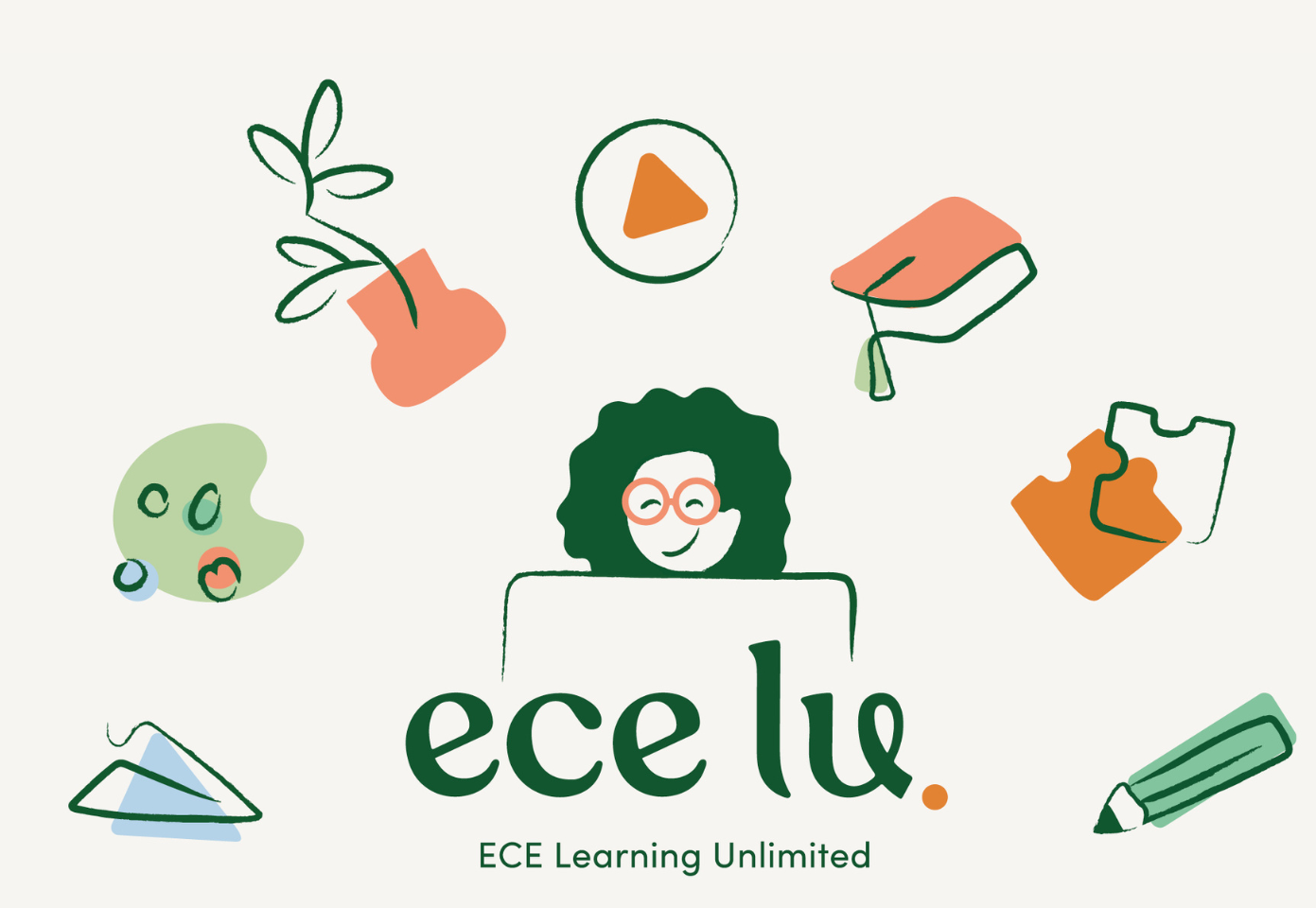
Let's face it - We are all creatures of habit (whether we like it our not). When it comes to the daily things that we all do (brushing our teeth, showering, getting ready for work) we all tend to follow a pattern or habit that we have established over time. Humans by nature, like to perform our daily routines in the same order, and our movements are often performed on auto pilot.
Think about the routine you follow when you have to shower. If you break it down into steps, you will likely find that you perform this daily routine in the same order every time;
- Turn on the shower to warm it up,
- Take off my clothes,
- Put my right hand into the shower to test the temperature,
- Step in and turn my face into the water,
- Run my hands over my hair to wet it all the way through,
- Turn around to wet my back and the rest of my body to get warm and wet,
- Reach for the soap - you get the idea.
The same movements, in the same order, EVERYDAY!
If this habit or routine is interrupted, it tends to throw us off balance. Sometimes, we can easily spin into a bit of a meltdown if our routine is affected, even in the smallest way (depending on how tired we feel, how stressed we feel etc). And then the flow-on effect of that minor interruption to a daily routine can turn the rest of our day into a continued "stubbing of toes on the corner of the bed" kind of day.
It is exactly the same for our infants and toddlers. EXACTLY!
We need to remember how important routines and rituals are for the children in our care. Magda Gerber taught us that predictability contributes to a more co-operative child who actively participates in their care routines. Children who have predictable, consistent care are generally more relaxed, co-operative and healthy in mind, body and spirit.
For any children that you care for do you;
- Carry out their care routines in the same order everyday?
- Do the same things, in the same order during care times?
When I change your nappy - do I attend to it the same way, and invite your participation the same way every time?
When I give you a bottle or breast feed - do I perform this routine in the same order, and hold you, and sit in the same position that I know you prefer?
When I take you for a sleep - do I follow the same ritual every time - change your nappy, wrap you in my arms and sway gently as I sing you a quiet lullaby on the way to the room; lay you gently in the bed on your back, smile at you and say "sleep well beautiful baby", place the blanket gently over your body with my hand on your heart, take a deep breath, turn and walk out of the room?
Predictability, Consistency and Order =
Inner calm and wellbeing for children and the adults caring for them.
In early childhood group care, creating predictable, consistent routines is even more important than at home. When a child is being cared for amongst others they may need to wait for longer than usual to have their needs met. But young children are able to tolerate a little waiting if they have a trusting relationship with a key teacher and they feel confident that their turn is coming soon. This is learned from consistency of daily routines.
We can take lessons from the Pikler approach which advocates for respectful relationships and consistency of care
"The Relationship was what made it possible for shell-shocked war orphaned babies, who arrived at Lóczy in a state of stress, to relax and start participating in life again" https://thepiklercollection.weebly.com/relationship.htmlThrough learnings from Pikler we can come to understand and apply useful practices to ECE group care that supports consistency and predictability for infants and toddlers such as;
- Ensuring that children have a key teacher who is responsible for all of their care routines (feeding, sleeping, nappy changing). The key teacher knows each of their children intimately and understands their care needs and routines.
- Creating predictable habits for care routines that are consistently followed every day in the same order, but which are also responsive to children's changing needs.
- Where ever possible, attending to primary care children in the same order each day so that children can come to predict when their turn is coming "After I have changed Toby your turn is next Katie."
For early childhood teams, this can only be achieved when the team itself is consistent and predictable and operates with highly effective communication. As we know from brain development research, nothing can be more important than consistency and predictability of care and relationships for infants and toddlers.










